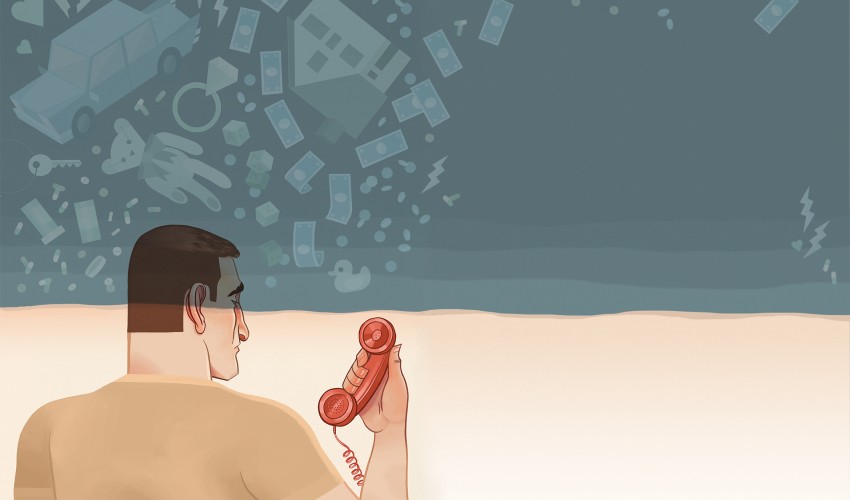Kristina Williams doesn’t sound as tired as someone with five kids should — especially not someone with five kids who’s fighting cancer.
At age 37, Williams was diagnosed with stage 3 breast cancer right after Easter 2015.
Today, she sounds positive — cheerful, actually — as she returns phone calls between her morning chemotherapy session and a second doctor’s appointment later that afternoon.
She doesn’t have a cellphone, so she’s using her daughter’s while she sleeps. (Tatiyana works the night shift.)
Williams has her bad days, she says, but she’s in a much better place than she was just three months ago.
“It was getting to the point where I was so sick I had to stop working, and I just couldn’t pay all the bills,” she says. “As a single mom, I’m just trying to keep my family together. It was overwhelming.”
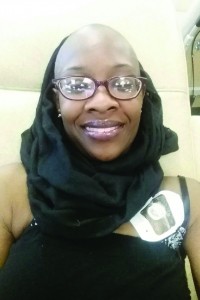
Before her illness, Williams worked 72 hours a week for the U.S. Postal Service.
As someone who’s held a job since she was 14 years old, being unable to work was devastating — and the ripple effect it had was even more so.
“I was actually getting ready to send two of my daughters off to live with their father.”
“And then my son — he’s 4 — I was going to send him to Florida to my parents, and I really didn’t want to do that,” Williams says, her voice breaking.
“Then my electricity got cut off, and the decision was made. I just felt hopeless.”
Luckily for the Williams family, help was already in the works.
On the recommendation of her surgeon, Williams had reached out to the Tennessee Breast Cancer Coalition (TBCC).
The day after her electricity was cut off, as she was finalizing plans to relocate her children, the lights came back on. TBCC had paid her bill.
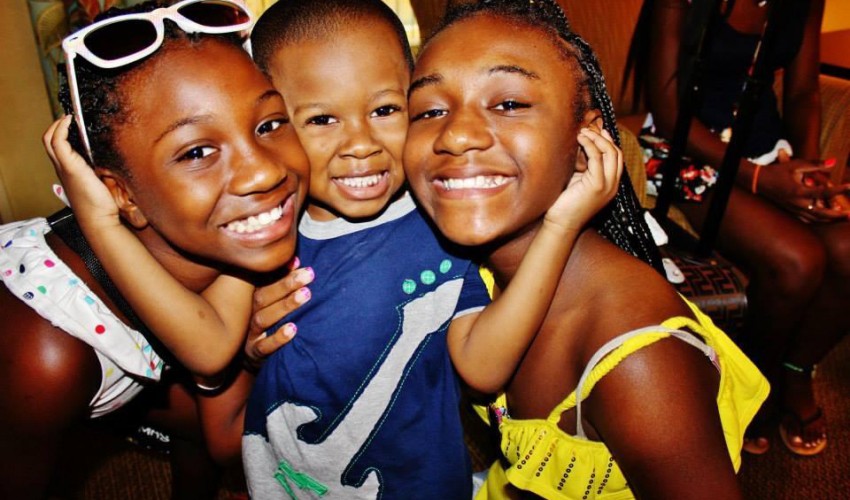
Williams' children are her inspiration and her strength.
“I can’t even express how much the agency came through for me,” she says.
“I’m used to taking care of my family, and I don’t like to ask for help. But all these things — even those that are unrelated to my illness like paying rent or the water bill — it was a domino effect.”
Their help gave me the will to say, ‘OK, I feel like I can fight this illness and still keep my family together.’”
“And that was the biggest blessing of all.”
The help you need, when you need it
Williams says she wouldn’t have made it through these last few months of treatment without her kids, so TBCC’s help came at a crucial time.
That is something the Tennessee Breast Cancer Coalition has been doing for decades.
Founded in 1995, their mission is simple: to be an advocate and provider for all Tennesseans facing breast cancer through assistance, education and legislative action.
Since 2001, their primary focus has been the Emergency Access Fund (EAF), used to help breast cancer patients stay afloat in many ways, from preventing evictions to paying insurance premiums.
“Our goal is to offer people the help they need at the time they need it,” says Jami Eller, executive director of TBCC.
“Research is so important and new drugs are important, but if they can’t pay their electric bill, that’s what matters today in their life — and in their family’s life. So we help them take care of that.”
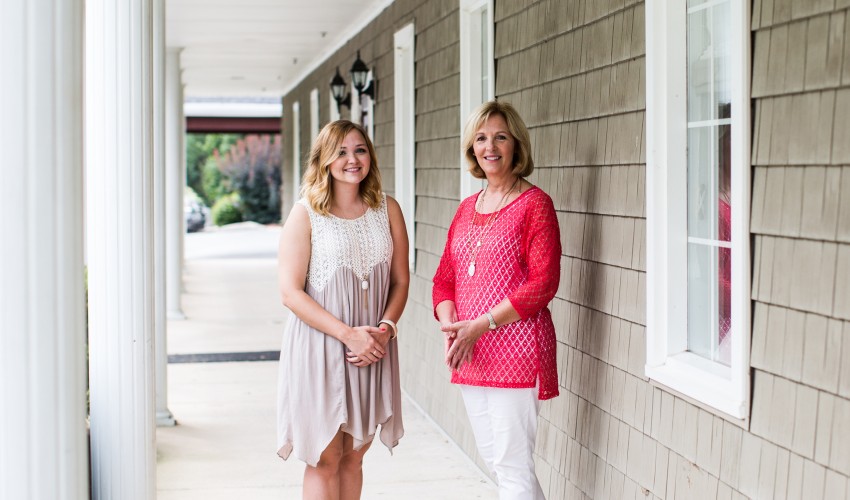
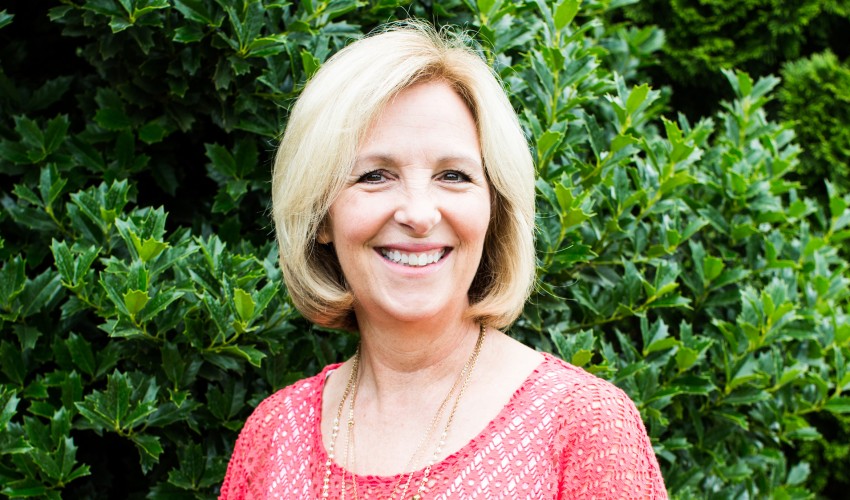
The EAF offers one-time assistance with a maximum of $1,000 per patient.
In 2014, they helped 130 breast cancer patients, distributing $110,000 in aid.
Since the inception of the EAF, they’ve helped more than 850 patients. Most need help with housing, but every situation is different.
“There are just all of these things you don’t think about: If you’re a teacher, you can’t go back to work with all the germs floating around while your immune system is low,” Eller says.
“If you have a job that requires lifting and you’ve had a mastectomy, you can’t go back to that. If you’re older and living off of Social Security, you may be struggling just to survive, and then you have this added expense.”
“But most of the people we help are getting by — until they have this catastrophe called breast cancer hit their life.”
Whether it’s traveling in from a rural area five days a week for chemo or paying for child care while they’re being treated, TBCC helps with housing, utilities and medical expenses, which frees up money that patients can then use to meet other financial needs.
“We don’t give the patient the funds directly, but once we figure out what they need, we’ll cut a check to their mortgage company, or we’ll pay for their utilities that month,” she says.
“It’s a layer of accountability so all of our donors know exactly how their money is going to help someone.”

For women like Kristina Williams, though, it’s so much more than money.
“Before I was diagnosed, I was the ultimate busy mom — nothing could stop me. Even when all five kids were sick at the same time, I never got sick. So this threw me,” she says.
“I am so grateful for TBCC. Their help gave me the initiative to say, ‘Even if I have to get a paper route, I feel like I can do this,” she says, laughing.
“I can survive. And I don’t have to do it all alone.”


